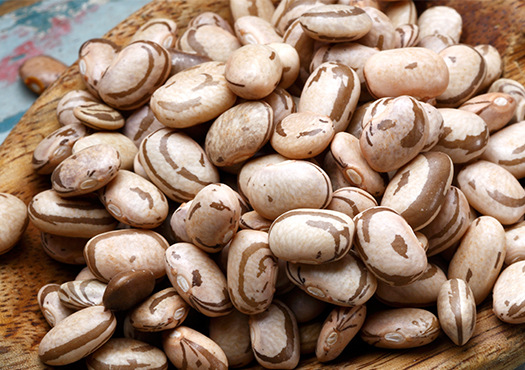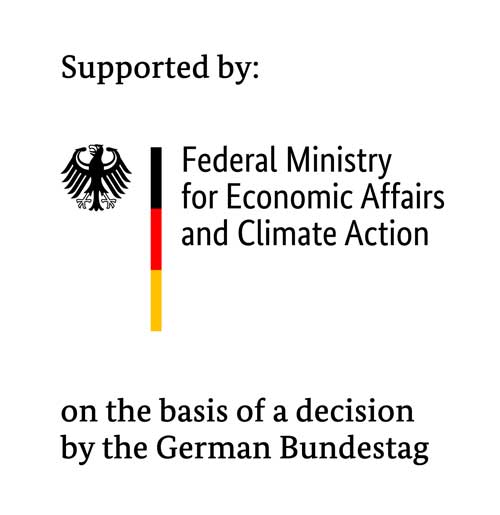Broken carioca beans as a promising raw material for dairy alternatives


The market for plant-based dairy alternatives is experiencing exceptional growth. To meet sustainability goals and counter allergies and intolerances, the industry is constantly on the lookout for potential raw materials as a basis for high-quality, plant-based product alternatives with appealing sensory properties.
In Brazil, beans are an everyday staple and grown in large quantities. Currently, about 3.1 million tonnes of beans are produced each year, 70% of which come from the carioca bean alone. The washing process produces 4% broken carioca beans as an agricultural waste product. With a concentration of about 22% protein and 42% starch, the broken carioca bean is a promising raw material for the development of high-quality foodstuffs and food ingredients.
Sustainable dairy alternatives from broken carioca beans
“ProBean” aims to add value to broken carioca beans by developing processing technologies to produce high-quality protein and starch isolates as well as dairy alternatives made from them. Compared to existing dairy substitutes, these products would offer optimum protein/starch interaction, leading to improved techno-functional and nutritional properties, without the need for any additives such as emulsifiers and stabilizers. ProBean intends to address all three pillars of sustainability:
- Ecological: Tapping into regional waste streams for food production
- Ethical/social: Meeting the globally increasing demand for food by providing nutrient-rich and appealing plant-based dairy alternatives, creating jobs through new markets
- Economical: Strengthening the Brazilian economy by using a previously discarded agricultural waste material to produce innovative plant-based food ingredients
The right production process is key for high product quality
To start with, researchers combine dry and wet fractionation methods to develop processes for peeling the broken beans. Using chemical-physical separation processes, they work out optimum conditions for wet recovery of protein and starch isolates, with a comprehensive analysis of the functional as well as nutritional properties of both fractions.
An iterative process is then used to extract ingredients with minimal antinutrive compounds and increased bioavailability of nutrients. The aim is to maximize the functional potential of the carioca bean proteins by developing parameters for optimal protein/starch interaction. In another step, researchers use an experimental design to obtain product-typical rheological and textural properties of dairy substitutes without the use of additives. Combining these steps allows scientists to develop appealing vegan food products based on carioca beans: a milk alternative, a yogurt alternative produced through fermentation and a plant-based pudding substitute produced through heat-induced gelatinization. Here, the key variables for optimized products are recipe composition, fermentation control and gelatinization conditions.
Synergistic expertise for targeted product solutions
The project is carried out in close cooperation with the University of Campinas (Unicamp). Fraunhofer IVV and Unicamp have complementary know-how in developing dairy alternatives based on broken beans and assessing nutritional and sensory profiles.
The small and medium-sized enterprises from Germany and Brazil involved in the project represent the entire value-added chain from the raw material to the final product and support the scientists by providing market-relevant focus topics and key economic figures. This enables researchers to meet the demands and expectations of consumers and to develop targeted technological and product-relevant solutions.
Project term: |
01.04.2021 – 30.09.2023 |
Project management/project funding: |
Industrievereinigung für Lebensmitteltechnologie und Verpackung e.V. - IVLV / Federal Ministry for Economical Affairs and Climate Action (BMWK) |
Project partners: |
|
 Fraunhofer Institute for Process Engineering and Packaging IVV
Fraunhofer Institute for Process Engineering and Packaging IVV